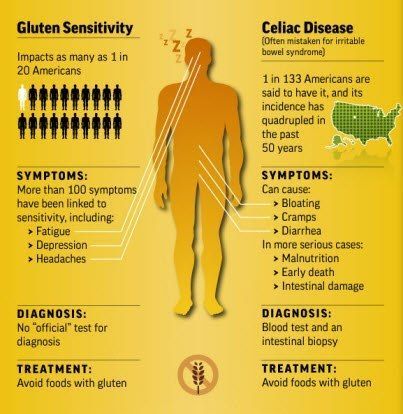
Celiac disease and gluten sensitivity are conditions that require individuals to adopt a gluten-free lifestyle. Gluten, a protein found in wheat, barley, and rye, triggers an immune response in people with celiac disease, causing damage to the small intestine. Sensitivity to gluten, although less severe, can still cause discomfort and digestive issues. In this article, we will provide valuable tips on how to navigate the challenges of gluten-free living to improve the quality of life for those affected.
Educate Yourself
Learning about celiac disease, gluten sensitivity, and the foods to avoid is vital in managing a gluten-free lifestyle. By understanding which ingredients and products are safe, you can confidently make informed decisions about your diet. Utilize credible sources, such as medical professionals, reputable websites, and support groups, to gather accurate information.
Create a Gluten-Free Kitchen
Transforming your kitchen into a gluten-free zone is essential for avoiding cross-contamination and accidental gluten exposure. Start by thoroughly cleaning your kitchen, including all surfaces, utensils, and appliances. Separate gluten-free and regular utensils to prevent mixing. Invest in gluten-free cookware and storage containers to avoid any possible gluten residues. Organize your pantry and label gluten-free items to ensure they remain uncontaminated.
Read Food Labels Carefully
When grocery shopping, carefully read food labels to identify any potential gluten-containing ingredients. Be aware that gluten can be hidden under various names, such as modified food starch, malt extract, or hydrolyzed vegetable protein. Familiarize yourself with these hidden sources to avoid accidental consumption. In addition, look for gluten-free certifications, which indicate that the product has undergone testing and meets the necessary standards.
Experiment with Gluten-Free Recipes
Expanding your repertoire of gluten-free recipes can help you diversify your diet and maintain a positive outlook on gluten-free living. Explore different gluten-free flours, such as almond, coconut, or quinoa flour, to replace regular wheat flour in your favorite dishes. Experiment with new recipes and adapt traditional ones to create delicious alternatives that cater to your dietary needs. There are numerous online resources and cookbooks available with a wide range of gluten-free recipes.
Communicate Your Needs
Informing your friends, family, and coworkers about your gluten-free lifestyle can make social interactions easier and more enjoyable. Let them know about your dietary restrictions and the potential risks of cross-contamination. Be open about your needs and preferences, as many people are willing to accommodate. Communicating your requirements helps ensure that you are included in social activities and that your meals are safe.
Research Gluten-Free Dining Options
Before dining out, research gluten-free options in your area. Many restaurants now offer gluten-free menus or have staff knowledgeable about gluten-related issues. Check online reviews and websites dedicated to gluten-free dining to find reliable recommendations. When in doubt, reach out to the restaurant in advance to inquire about their gluten-free offerings and their protocols to avoid cross-contamination.
Plan Ahead for Traveling
Traveling can be challenging for those following a gluten-free diet. However, with proper planning, you can enjoy your trip without compromising your health. Research gluten-free dining options, supermarkets, and local specialty stores at your destination. Pack gluten-free snacks for emergencies and inform your accommodation about your dietary needs to ensure suitable meal options. Additionally, consider obtaining a gluten-free dining card in the local language to effectively communicate your dietary requirements.
Join a Support Group
Connecting with others who share similar experiences can provide emotional support and valuable insights. Join local or online support groups for individuals with celiac disease or gluten sensitivity. These communities can offer a platform for sharing tips, recipes, and information about gluten-free products. Having a supportive network can make the gluten-free journey feel less overwhelming and remind you that you are not alone in this endeavor.
Conclusion
Living gluten-free may initially seem daunting, but it is manageable with the right strategies and mindset. By educating yourself, creating a safe environment, exploring new recipes, and establishing a solid support system, you can embrace a gluten-free lifestyle while maintaining good health. Remember, with time and practice, gluten-free living will become second nature, allowing you to thrive and enjoy a fulfilling life free from the constraints of celiac disease and gluten sensitivity.

